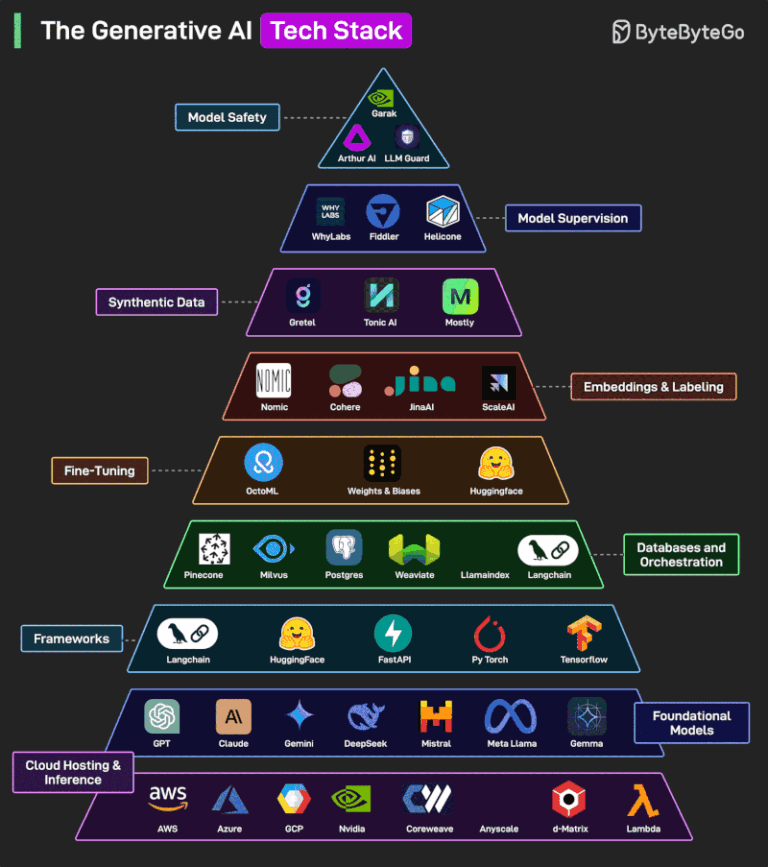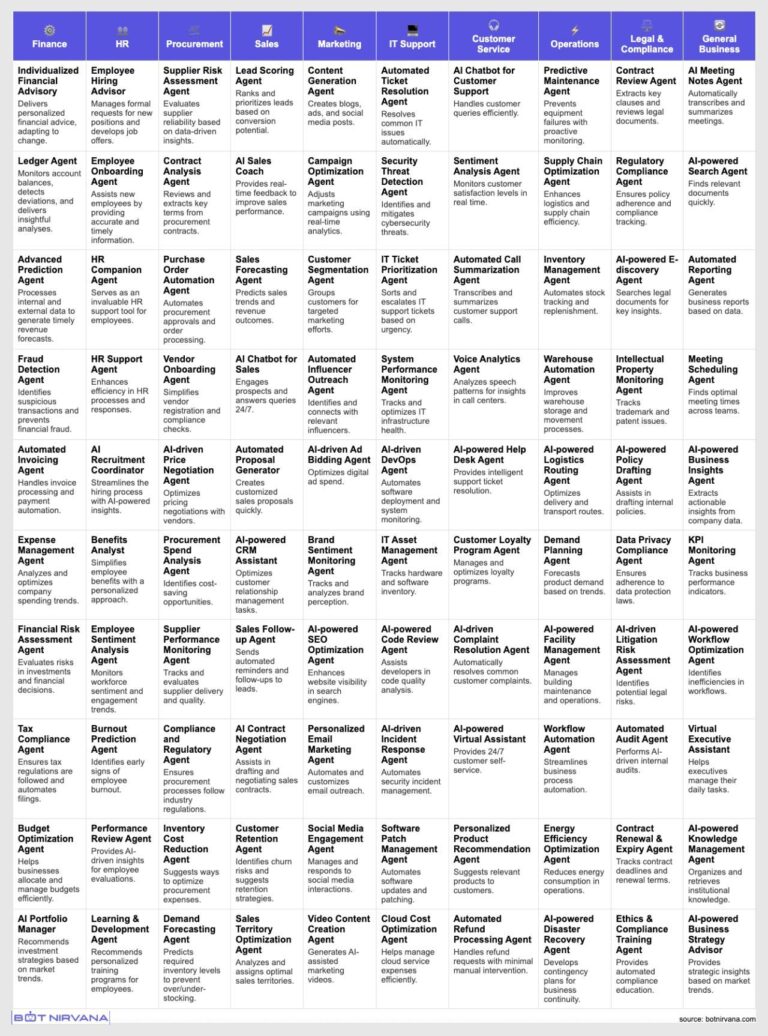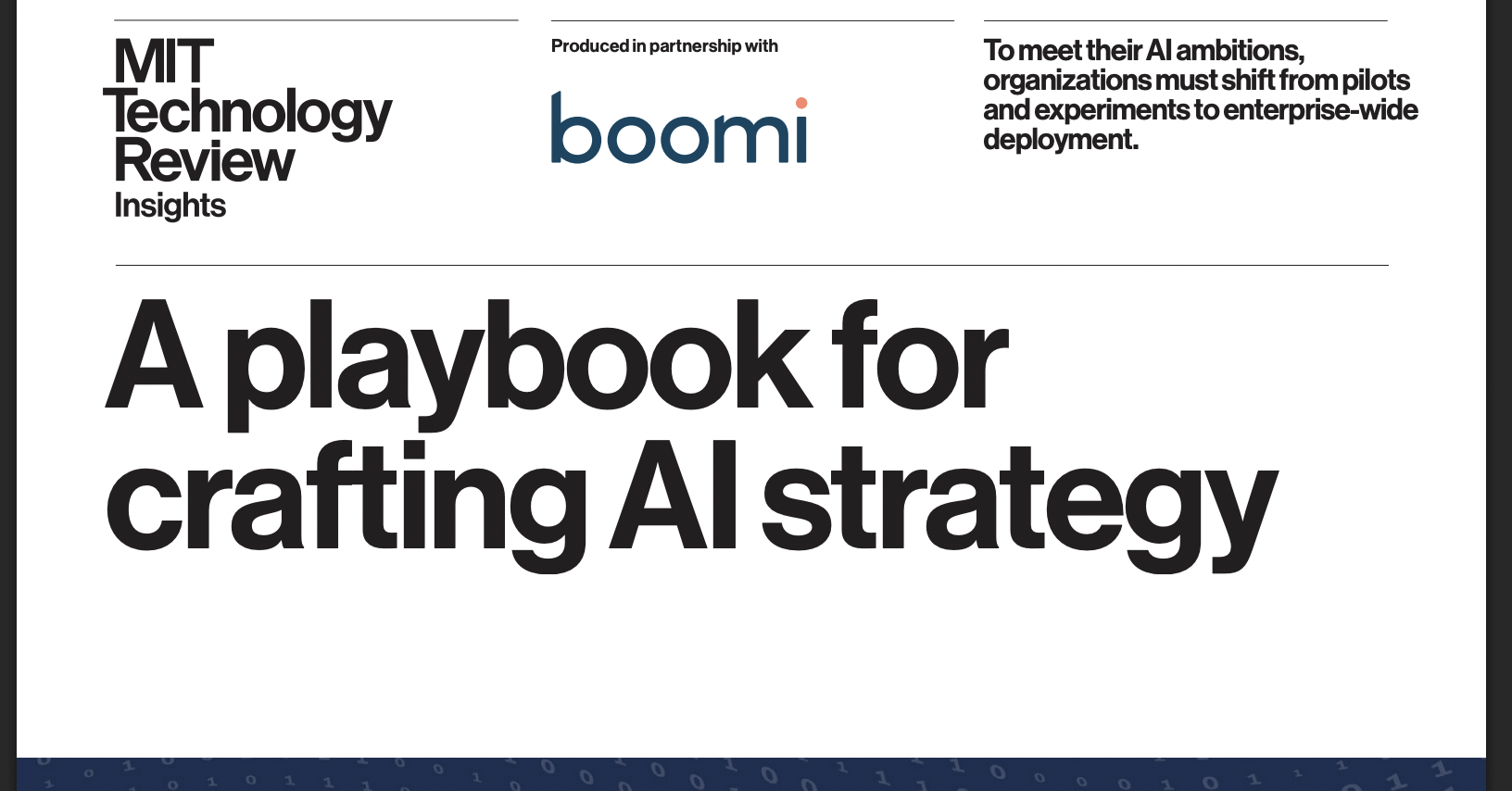
It is our firm belief that a truly responsible approach to AI development ensures national competitiveness, security, and technological leadership while addressing ethical considerations as strategic tools, and not as constraints.
These principles frame AI as a strategic asset first, with ethics and regulation serving geopolitical aims rather than constraining them. AI policy should:
- Prioritize military and economic advantage.
- Embrace flexible ethics that align with strategic objectives.
- Minimize domestic regulatory burdens that hinder global competitiveness.
- Develop dual-use technologies for both civilian and defense needs.
- Focus on high-impact fields (quantum, autonomous, AGI) for preemptive dominance.
- Strengthen offense/defense against adversarial AI threats.
- Leverage ethical standards-setting to shape global norms.
- Maintain adaptable regulations that evolve with technological advances.
Our Key Considerations:
Strategic Supremacy Over Ideals:
AI development must prioritize national security, economic competitiveness, and geopolitical influence. Ethical considerations should be integrated where they align with or enhance strategic objectives. Some of our adversaries are not concerned with human rights. If we fail to be competitive, theirs will undoubtedly be the only future AI that remains,
Adaptive Ethics Framework:
Ethical AI principles (e.g., transparency, fairness) should be balanced against the need for speed, scalability, and operational advantage in critical sectors such as defense, cybersecurity, and economic systems.
Competitive Flexibility:
Domestic policies must not impose unnecessary regulatory burdens that disadvantage American AI firms against international competitors, particularly in regions with minimal ethical or regulatory constraints.
Dual-Use AI Development:
Invest in dual-use AI technologies that provide both civilian and military applications to maximize resource efficiency and national capability.
Preemptive Advantage in Strategic Domains:
Prioritize AI investment in areas of strategic importance, such as quantum computing, autonomous systems, and artificial general intelligence (AGI), ensuring dominance in technologies that will shape the global balance of power.
Counter-Adversarial Exploitation:
Develop AI technologies and cyber strategies to mitigate adversarial use of AI, particularly in surveillance, misinformation, and military applications, while strengthening the nation’s offensive and defensive capabilities.
Ethics as Geopolitical Leverage:
Use ethical AI as a soft power tool to establish leadership in global standards-setting bodies, enabling the nation to shape international norms in ways that benefit its strategic interests.
Dynamic Regulatory Environment:
Establish a flexible regulatory environment for AI that adapts to technological advancements and shifts in global competition, avoiding overly rigid frameworks that hinder innovation while addressing ethical considerations as strategic tools, not constraints.



